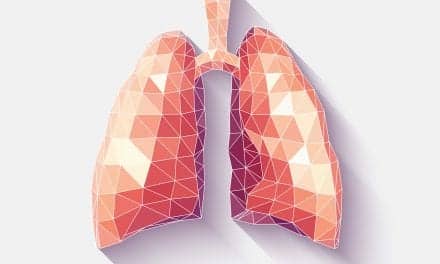In an unselected cohort of consecutive patients with adult-onset asthma, 5.9% had severe asthma and 2% were eligible for anti-interleukin (IL)-5 therapy, according to the results of the Seinäjoki Adult Asthma Study published in The Journal of Allergy and Clinical Immunology: In Practice.
Recent research has identified a number of different asthma phenotypes that benefit from particular treatment approaches. Age is a critical factor in determining phenotype. Adult-onset asthma is often characterized by less responsiveness to inhaled corticosteroids (ICS), is often nonatopic, and has a poorer prognosis.
Several subtypes of adult-onset asthma have been proposed, including obesity-related, smoking, severe obstructive, mild to moderate/well-controlled, atopic asthma, and late-onset eosinophilic asthma, which is often severe. Antibodies against the IL-5 pathway were developed to treat late-onset eosinophilic steroid-resistant asthma. However, the prevalence of severe asthma and the number of adults with asthma who may derive benefit from anti-IL-5 therapy are not known.









